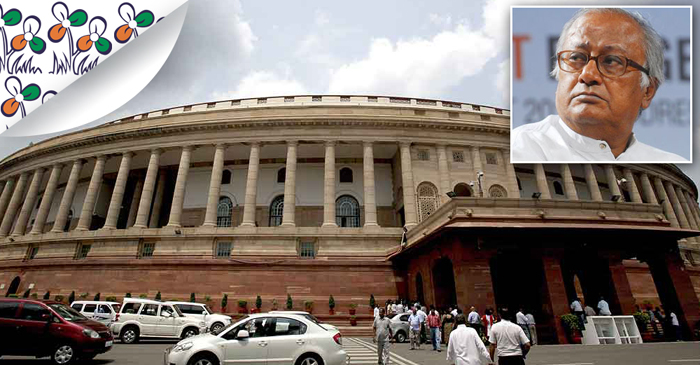The efforts of the West Bengal Government to promote jute industry and for taking measures to increase the production of jute items have been lauded by the Central Government yet again. The Union Agriculture Minister accepted the fact that the West Bengal government has increased the use of files made of jute thereby giving a great boost to the jute industry in the state. The usage of various jute items has also increased manifold in recent times.
The demands of jute items have been increased in the country. To meet the demands in the market, the production of the jute items like bag, file, garments have gone up considerably. The Bengal government had taken various initiatives to increase the sale of jute products.
The West Bengal Government has also stressed on the use of geo-textiles in construction activities, vigilance for compliance of Jute Packaging Act for packaging of paddy in the state and encouraging packing potatoes into jute bags. Jute in the form of Jute geo textiles are used in road construction and are widely perceived to be a green alternative to synthetic geo-textiles.
চটশিল্পে প্রশংসা পেল রাজ্য
পাটজাত পণ্যদ্রব্যের উৎপাদন বৃদ্ধিতে এবং পাট শিল্পের উন্নতিকরনের রাজ্য সরকারের পদক্ষেপগুলি কেন্দ্রীয় সরকার দ্বারা যথেষ্ট প্রশংসিত। পাট শিল্পকে উন্নত করারে জন্য রাজ্য সরকার অভিনব উদ্যোগ নিয়েছে কেন্দ্রীয় কৃষিমন্ত্রী এই সত্য গ্রহণ করে নিয়েছেন। সাম্প্রতিক কালে পাটজাত পণ্যদ্রব্যের উৎপাদন বহুগুণ বেড়ে গেছে।
বর্তমানে দেশে পাটজাত পণ্যের চাহিদা বৃদ্ধি পেয়েছে। বাজারের চাহিদা অনুযায়ী এখন পাট থেকে ব্যাগ, ফাইল, পোশাক ইত্যাদি তৈরি হচ্ছে। পাটজাত পণ্য দ্রব্যের বিক্রি বৃদ্ধির জন্যও রাজ্য সরকার বিভিন্ন রকম পদক্ষেপ নিয়েছে।
পশ্চিমবঙ্গ সরকার নির্মাণ কাজে জিও টেক্সটাইল ব্যবহারের ওপর গুরুত্বারোপ করেছে। ধান এবং আলুর প্যাকিং-এ পাটের ব্যাগ ব্যবহার করার ক্ষেত্রেও উৎসাহী রাজ্য সরকার। পাটকে জিও টেক্সটাইল আকারে রাস্তা নির্মাণের কাজে ব্যবহার করা হয় এবং একে ব্যাপকভাবে সিনথেটিক জিও টেক্সটাইলের বিকল্প হিসেবে ব্যবহার করা যেতে পারে।



